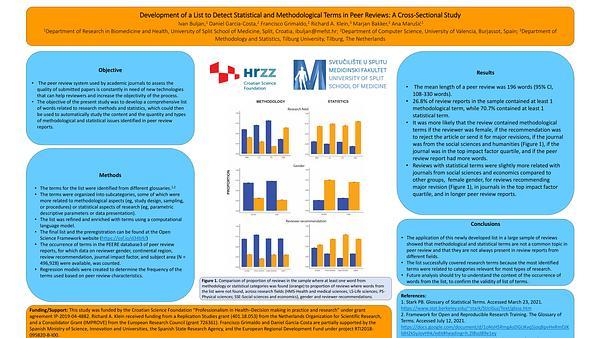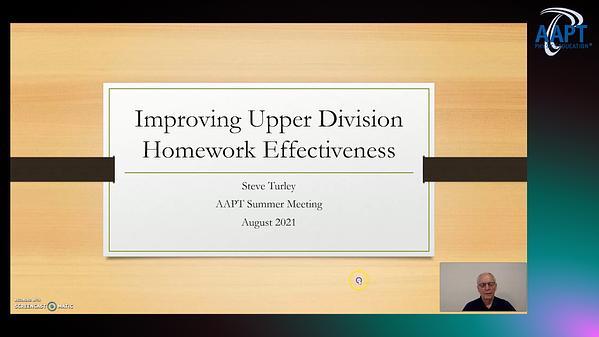Would you like to see your presentation here, made available to a global audience of researchers?
Add your own presentation or have us affordably record your next conference.
keywords:
education/training
peer review process and models
peer review
Objective To provide an up-to-date perspective of biomedical researchers’ knowledge and perceptions of and engagement with peer review training. Previous studies, many done in consultation with editors and publishers, have reported researchers’ attitudes on peer review.1,2 This survey study is descriptive and does not have any a priori hypotheses.
Design A cross-sectional online survey of biomedical researchers around the world was conducted. The CHERRIES (Checklist for Reporting Results of Internet E-Surveys) reporting guideline was used to inform the reporting of findings. A random sample of 2000 corresponding authors was collected from a Scopus source list of recently published articles in peer-reviewed biomedical journals. Authors from journals that exclusively published non-English articles were excluded. The closed survey was purpose built for this study, was administered using SurveyMonkey, and was available only to participants identified via the random sampling framework. Participants were invited through email; participation was voluntary, and all data were collected anonymously. Collected data included participants’ demographic characteristics as well as their experience with and opinions about peer review, with additional open-ended questions allowing participants to elaborate their responses. Data were analyzed from all surveys in which participants responded to 80% or more of the questions.
Results Of the 2000 invited researchers, 186 (9.3%) responded. The average survey completion rate among these participants was 91%. Most participants (142 76.3%) reported having 6 or more years of experience in scholarly publishing. One hundred two of 180 participants (56.7%) reported being active as a manuscript peer reviewer for more than 6 years, and 171 of 185 participants (92.4%) reported having peer reviewed at least 1 article in the last 12 months. Despite the robust experience and activity in manuscript peer review reported by the participants, only 28 of 185 participants (15.1%) completed formal training in peer review. Twelve of 64 participants (18.8%) received training through in-person lecture, and 11 of 64 participants (17.2%) received training through online lecture. Thirteen of 36 participants (52.8%) received training in peer review provided by a university or college.
Conclusions This study will provide a current international perspective on biomedical researchers’ knowledge, perceptions, and engagement regarding peer review training. The results of the survey may help identify gaps in peer review training experience and knowledge. Subsequently, the findings may guide the creation of future training options, inform the development of preferred training methods, and increase comprehensiveness of peer review training for biomedical researchers.
References
- Mulligan A, Hall L, Raphael E. Peer review in a changing world: an international study measuring the attitudes of researchers. J Am Soc Inf Sci Tec. 2013;64:132-161. doi:10.1002/asi.22798
- Publons. 2018 Global state of peer reviewy. 2018. Accessed July 2022. https://publons.com/static/Publons-Global-State- Of-Peer-Review-2018.pdf
Conflict of Interest Disclosures David Moher is an associate director of the International Congress on Peer Review and Scientific Publication but was not involved in the review or decision for this abstract. No other disclosures reported.


